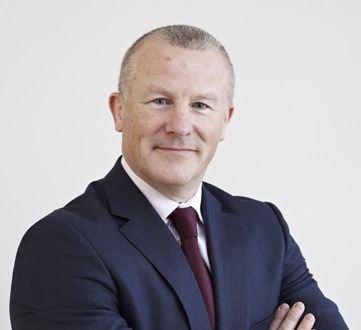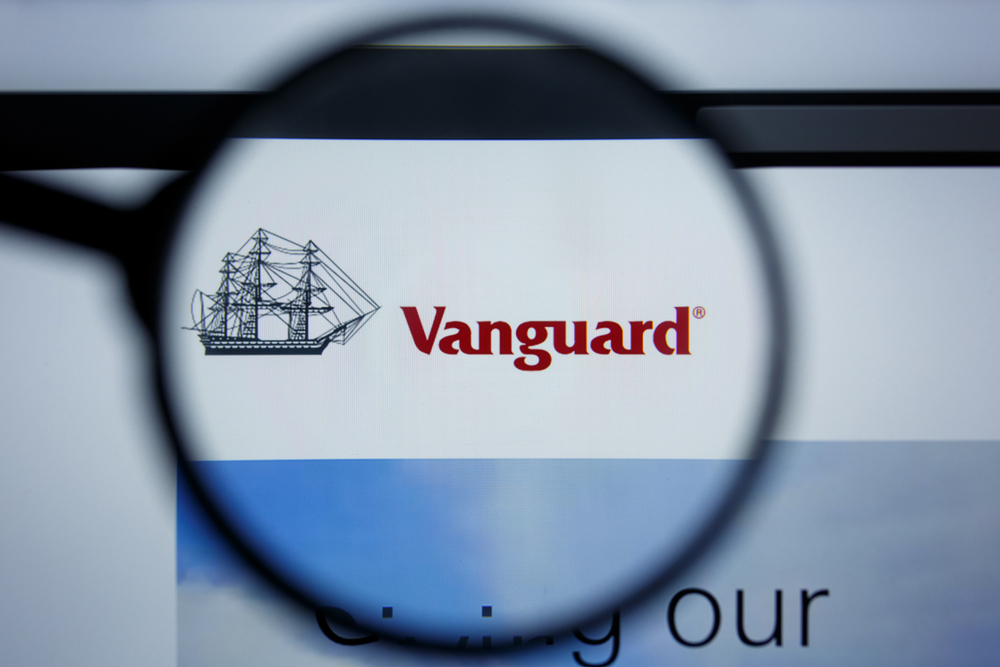As 7 April approaches, the World Health Organisation (WHO) gears up for its annual celebration of World Health Day, a day dedicated to shedding light on critical global health issues.
For World Health Day this year, under the theme ‘My Health, My Right’, the focus extends beyond specific ailments to champion health as a fundamental human right. The focus extends to access to quality healthcare, education, safe living conditions, and environmental factors.
For investors, this emphasis on health equality carries significant implications. Companies aligning with this movement stand to benefit from a surge in demand for healthcare products and services. With shifting demographics and notable innovations in areas like oncology, vaccines, and obesity treatment, the sector presents promising growth opportunities.
However, the changing landscape also poses risks. Governments are expected to intensify scrutiny on entities contributing to poor health outcomes (such as tobacco, sugar and alcohol), potentially imposing fines, taxes, or increased capital costs. Meanwhile, growing social and environmental concerns should mean polluting companies face heightened scrutiny.
Innovation is the buzzword in healthcare and the sector has not let us down in recent times with breakthroughs in genomic sequencing to advancements in mRNA technology for treating diseases like cancer and Covid-19.
Additionally, innovations extend beyond traditional healthcare, encompassing fields like robotics and medical devices, promising improved surgical outcomes and precision. There are also companies that contribute to human health in other ways. The Liontrust Sustainable Future Monthly Income Bond, for example, invests in Veralto, a spin-out company from Danaher, which specialises in providing technology for water testing and treatment*.
From an investment standpoint, now might be a good moment to re-examine the healthcare sector. Andy Budden, investment director at Capital Group says 2023 was the worst year for healthcare stocks on a relative basis since 1999, underperforming the broad global equity market by 20%**.
Budden says this would’ve been even worse were it not for the notable successes of Novo Nordisk and Eli Lilly with diabetes/obesity drug franchises. He believes this represents an opportunity to invest at lower valuations in a sector that has been overlooked, despite showing long-term growth.
David Harrison, manager of the Rathbone Greenbank Global Sustainability fund, agrees, citing compelling valuation opportunities across several names in both the pharmaceutical and medical devices space. He has added to both sub-sectors in the past six months – bringing total exposure to healthcare in his fund to circa 20%, the highest since its launch in 2018.
He says: “In the pharmaceutical sector, we believe companies such as Merck and AstraZeneca have world-leading positions in oncology, and both should compound attractive growth in a weaker economic environment.”
How to add healthcare to your portfolio
Of course, there are plenty of companies around the world that are involved in helping to achieve the WHO’s goal of ‘My Health, My Right’. Many of these businesses are multinational giants that stand to make huge profits from the successful introduction of new treatments.
However, investing in this area can be full of potential dangers. To paraphrase The Verve, the drugs don’t always work, and failures are expensive and time-consuming.
In general, investors are better suited to opting for an investment fund run by a professional manager who puts together a portfolio of businesses. Greater diversification equals a reduction in the risk being taken. Many global portfolios will have money in health-related companies working on everything from developing new drugs to producing medical equipment.
For example, Eli Lilly, the world’s largest healthcare company, is one of the largest holdings in the T. Rowe Price Global Focused Growth Equity fund. Manager David Eiswert invests in a diversified selection of global companies with the potential for above-average and sustainable rates of earnings growth.
AstraZeneca, the Anglo-Swedish pharmaceutical company, is also a prominent holding in a number of portfolios, including the Janus Henderson UK Responsible Income fund (5.2%), which has 13% of the fund allocated to the healthcare sector.
Some investment funds will have a high weighting to the sector if it fits the themes the managers are concentrating on.
For example, healthcare is a major theme in the CCLA Better World Global Equity fund. Manager Charlotte Ryland says: “There is an ageing population not just in the West, but in China as well. An ageing population means greater demand for healthcare. However, the innovation we’re seeing within healthcare is also important – whether it’s genetics, or areas such as immuno-oncology. It’s not just interesting products, but also the whole supply chain.”
Comgest Growth Europe ex UK (32.8%) and BlackRock Global Unconstrained Equity (18.8%) also have strong exposure to the theme.
There are also healthcare specialist portfolios to consider. For example, the Polar Capital Global Healthcare Trust predominantly invests in four sub-sectors: pharmaceuticals, biotechnology, medical technology, and healthcare services.
In conclusion, as the WHO’s ‘My Health, My Right’ initiative underscores the significance of health as a fundamental human entitlement, it simultaneously presents a compelling investment opportunity. Companies aligning with health initiatives stand to gain, while investors can capitalise on the sector’s growth potential and innovation.
Darius McDermott is the managing director of FundCalibre and Chelsea Financial Services





